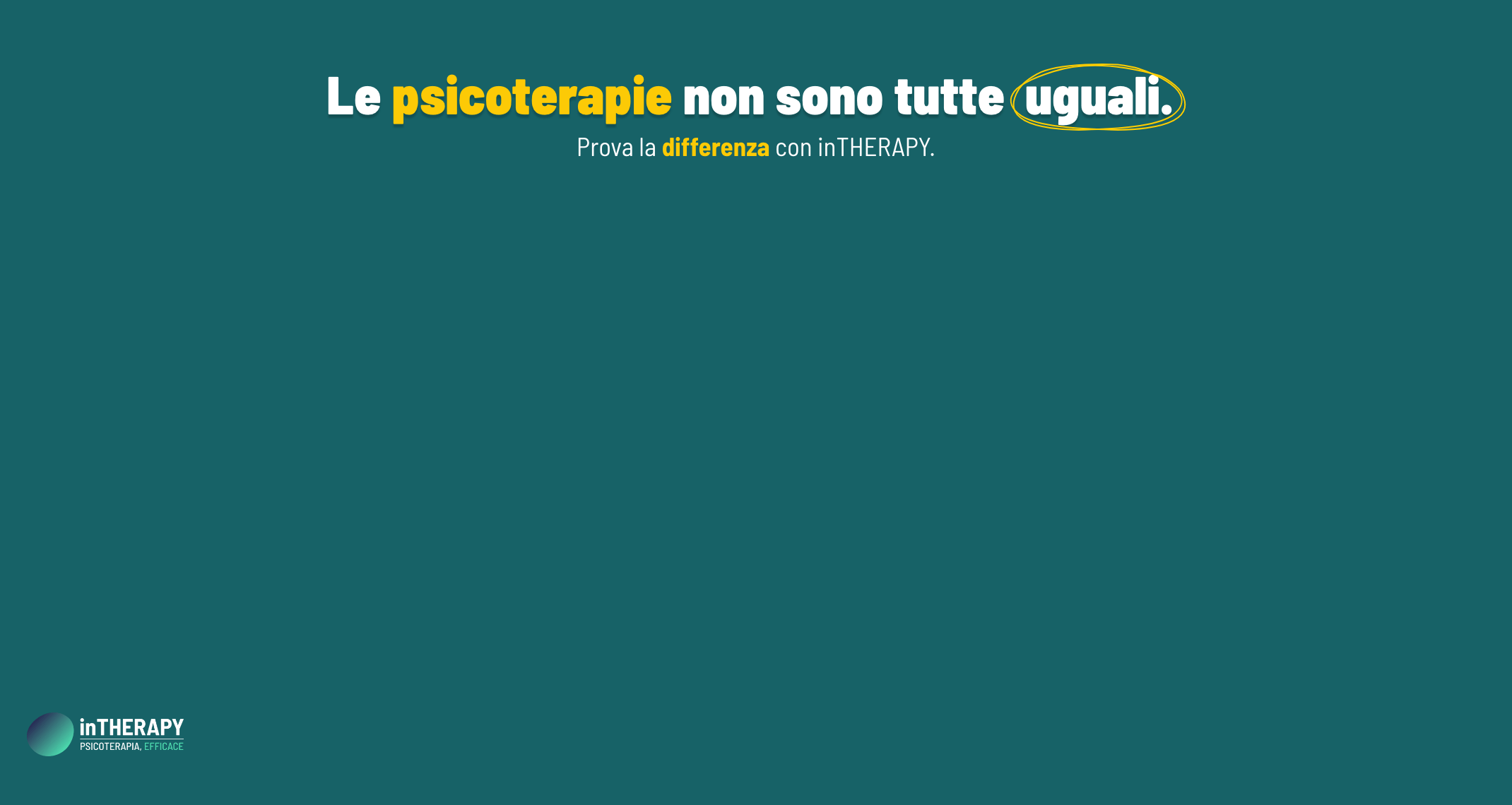The bridge between research and practice: updates from Open Minds.
Mental health in post communist countries
Mental illness is a major global health burdenwith substantial societal and economic consequences. In developed countries, around 66% of people with mental disorders do not receive treatment, but in developing countries this figure reaches 90% .
“I lost my job as an electrician after 30 years of work . . . my wife divorced me. I was too young to take my state pension and too old for anyone to think about employing me.”

Living in poverty and with no job, M. from western Romania says he was so desperate he decided to take his own life. By fortunate accident, his suicide attempt failed and he says he no longer contemplates killing himself. But he is just one of hundreds of thousands of Romanians in the same position. And whereas he has found the strength to carry on with his life, many others will not.
Mental illness is a major global health burdenwith substantial societal and economic consequences. In developed countries, around 66% of people with mental disorders do not receive treatment, but in developing countries this figure reaches 90% .(WHO, 2001a).
In Europe, after cardiovascular illness, mental disorders account for the second-highest burden of disease.This is particularly the case in the countries in economic and social transition after the communism. Following the collapse of communism, regions in eastern Europe experienced increased mental illness and high suicide rates along with widened socioeconomic inequalities, high mortality from alcohol and tobacco-related diseases, rapidly rising HIV incidence and declines in life expectancy (WHO, 2001a).
The WHO Global Burden of Disease study – which used limited data from the Russian Federation – estimated unipolar depression to account for 4% of the country’s total burden of disease in 2002 (WHO, 2001b).
Psychiatrists in Romania warn that the government is underestimating the extent of psychiatric problems in the country after figures showed cases of depression have doubled and the suicide rate has risen 7% since the fall of communism.
“The transition from communism has caused changes in the pathology of psychiatric illness in Romania”, says Florin Tudose, head of the psychiatric department at one of the largest hospitals in Romania, the University Hospital in Bucharest. “I conducted a study in 1995 to see if there was any change compared to the year 1990. The conclusion was very clear: affective disorders and depression were the top psychiatric diseases in 1995 while in 1990 they were only in fourth place.” These diseases predominantly occurred between the ages of 40 and 55 years, representing exactly that segment of the population which was too old for adaptation [to the new capitalist system]. “These people had been dependent on someone else for their existence, namely the communist state, and when the source of their dependence disappeared, it was replaced by illness and depression.”
The isolation of psychiatry during communism times and limited funding of mental health services severely curtailed access to new evidence.Consequently, most practitioners lack the knowledge and skills required to deliver a range of effective medical and psychosocial treatments necessary for community-based care. Tudose says. “At the very least mental health should be made a top health-care priority. This would bring a big change and while there are so many things that need dealing with a clear signal is important.”
LEGGI ANCHE:
- ENGLISH ARTICLES
- ARTICOLI SU: PSICOLOGIA E PSICHIATRIA PUBBLICHE
- ARTICOLI SU: SOCIETA’ & ANTROPOLOGIA
REFERENCES:
- World Health Organization (2001a). The World Health Report 2001, New Understanding, New Hope. World Health Organization:Geneva.
- World Health Organization (2001b). Atlas: Mental Health Resources in the World 2001. World Health Organization: Geneva. (DOWNLOAD)
- Ionescu, C. (2005). Depression in post-communist Romania. The Lancet, 365(9460), 645-646.


